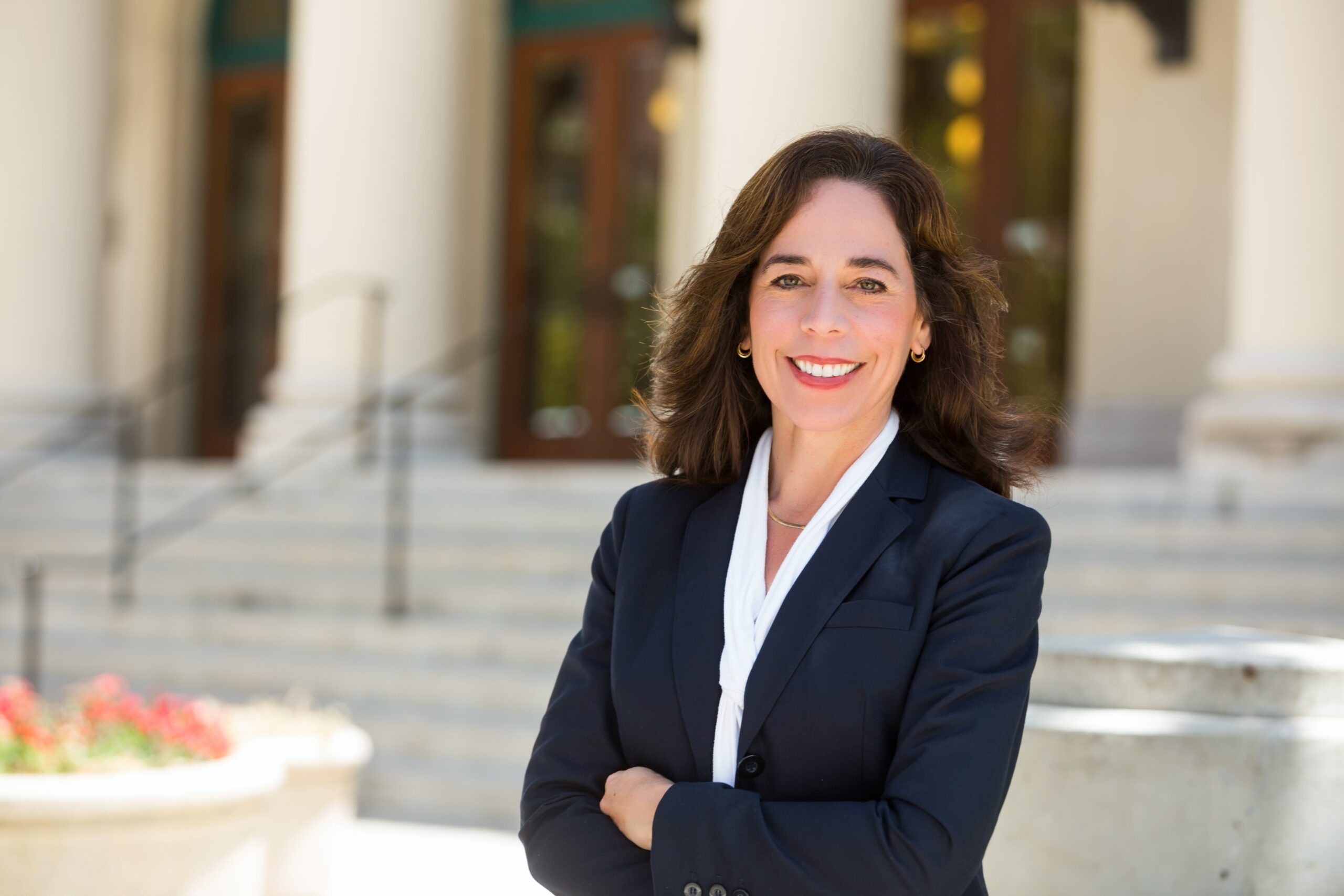
2015 ended up being a banner year and a tipping point for women in Hollywood. It’s probably more accurate to state that the tipping point began in September 2014 with the event of the Sony Leaks uncovering massive pay disparities between male and female stars in the film industry.
It emboldened women in Hollywood to speak up in droves, and say “enough is enough” to multiple types of discrimination and double standards that are still unfairly (and often unknowingly) on female stars. But there were three events in particular that stood out among the growing tidal wave of revolt. The first was actress Patricia Arquette giving an acceptance speech at the Oscars in the beginning of the year for her role in ‘Boyhood’, where she made a stand for equal pay.
The second was the major ACLU investigation into Hollywood Studios’ discriminatory hiring practices toward female directors, which became the watershed moment for many women who have faced obstacle after obstacle in this seeming “boys club” role in the industry.
The third was Jennifer Lawrence commenting on the Sony Leaks of 2014, where it was revealed that she was paid less than her ‘American Hustle’ male co-stars, despite overwhelmingly being a more popular actress than Christian Bale, Jeremy Renner and Bradley Cooper over the past few years with her roles in ‘The Hunger Games’ and ‘X-Men’ just to name a few. In an essay for Lena Dunham’s Lenny Letter, she talked about the problematic culture of women being taught to “stay in their corner”, not cause a fuss when it comes to pay, and not appear to be troublesome.

Sure, these could all seem like major “first world problems” because we’re talking about some women who are paid in the millions for their job, but equal pay is an issue that affects women right across America. Which is why a robust new law signed into effect in October 2015 by California Governor Jerry Brown could now make a major impact in every profession in the workforce, including within the film industry.
In fact it was Patricia Arquette’s speech at the 2015 Oscars which became the impetus for pushing a new bill, SB 358, introduced by Senator Hannah Beth Jackson (D-CA) which helped spur the equal pay advocacy in a more determined manner. And to date, California, a state which stands as the beacon of progressive America with the laws that have been passed in the last year alone, can now add “the most aggressive law relating to equal pay” to its growing list.
Senator Jackson was inspired by Patricia Arquette’s speech and put a rush on her piece of legislation, Jerry Brown made it official in October, and it finally came into effect January 1, 2016 . The law will give employees more grounds for challenging perceived discrimination and improves upon the already existing Fair Pay Act.

Now, bosses cannot pay employees less than those of the opposite sex for “substantially similar work,” even if their titles are different or they work at different sites, it prohibits retaliation against employees who ask about or discuss wages paid to co-workers, and it clarifies their ability to claim retaliation, and it applies to ALL employees in the California workforce.
Those in opposition of the law say the significant change from “requiring equal pay for equal work” to “mandating equal pay for substantially similar work” could potentially drive business out of California with the potential threat of more litigation now that employees have more rights. On the flip side, it gives buoyancy to something like the fight for equality in an industry (Hollywood) that has greater visibility in society than others.
In a news conference in Hollywood toward the end of December 2015, Patricia Arquette joined Senator Jackson and other Democratic supporters of the SB 358 bill, outlining how she believes it will affect women in film.
“In general, they are going to have to make a radical readjustment, and they know that because they know for decades they have been paying unfairly. When I spoke out, it wasn’t really about acting so much, but it will have to be addressed, like all of these other things across the board,” she said.

Senator Jackson added that while this could make a marked impact for the film industry, it also means greater protection for all California women in the workforce, who on average make 84 cents to every $1 a man makes (that figure drops to 44cents for Latina women – the lowest wage gap in the US).
“This is what is happening to women whether they make $10 million for a movie or they make $10 an hour. Women are not being paid the fair value of their work and that is the problem and that is what needs to change,” she said.
Speaking directly to one of the aspects that Jennifer Lawrence touched on in her important essay, where she talked about the unspoken directive for women to stay quiet when it comes to negotiating more pay, the Senator says her new law will give women a foundation to use their voices without fear of consequence.
“If women know that they cannot be fired because they found out that they are being paid less than their male counterparts, that is really important. That is going to blow up this culture of secrecy,” she said.
The Sony Leaks were a wake up call to women in film, as the news of Charlize Theron negotiating equal pay as her ‘Snow White and the Huntsman’ co-stars meant this was something that had been simmering under the surface for a while.

“I have to give ]the studio] credit because once I asked, they said yes. They did not fight it. And maybe that’s the message: That we just need to put our foot down. This is a good time for us to bring this to a place of fairness, and girls need to know that being a feminist is a good thing. It doesn’t mean that you hate men. It means equal rights. If you’re doing the same job, you should be compensated and treated in the same way,” she said.
While we and many other media outlets have been following the stories surrounding discrimination toward women in Hollywood, Patricia Arquette pointed out at the news conference that this new law is going to help all women in the Golden State.
“This was never about me. … This was never about actresses. If you had the Sony hack but it was in the dot-com business instead or if it was the medical field or if it was anything, you would see this pay inequality,” she said.
As 2016 rolls on, we eagerly await the outcome of the ACLU investigation, but more importantly, like many other supporters of SB 358, we hope it will help shape equal pay legislation in other states across the US, and stop Republicans from continuing to block similar bills.
To hear more on how California’s progressive Equal Pay Act will affect workers in 2016, listen to Senator Jackson talk to radio station KCRW in an interview from January 5.

















